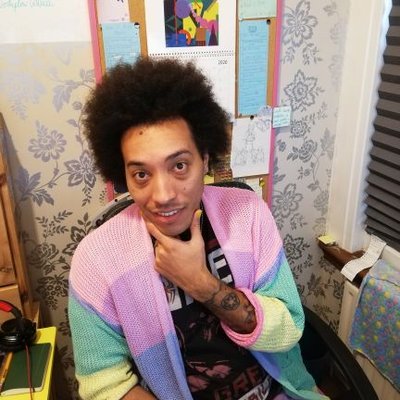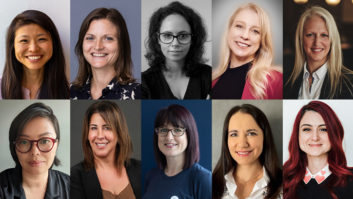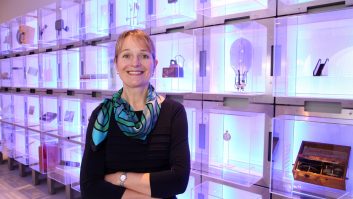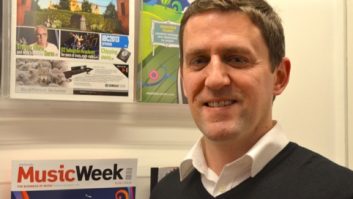Edmund Lewry. R&D technical lead, Pebble
Talk us through an average day in your role
I work at Pebble as one of the technical leads for R&D working specifically on Oceans, which is our cloud-first broadcast technology platform. Here we are working to deliver our playout automation solutions via Oceans either on-premises or in the cloud or across both to offer a hybrid approach.
I start the day early and first work out what I want to achieve that day and build a to-do list. Much of my role is overseeing the code written by our team of software developers. I also perform some coding/development work myself, looking at what tickets have come in as well as prioritising what features we need to build on our playout automation software, working quite closely with product owner, Tom Cage, head of automation to ensure that what we deliver with our Pebble Automation software translates as it should on the Oceans platform.
How did you get started in the media industry?
I started at Pebble fresh out of university having graduated with a degree in computer science just over nine years ago. Working in this industry was entirely serendipitous. It was one of the few jobs I had applied for that met my salary expectations and on top of that, the work described really interested me. It’s quite an appealing niche I have found myself in! It’s the kind of work you don’t see the equivalent of in the market because you’re working on complex real-time software development of interesting solutions that are uniquely pertinent to Pebble and the way we deliver them.

What training did you have before entering the industry?
I haven’t had any specific media-based training. My degree in Computer Science has definitely been useful for this role, but to truly understand the industry I’ve had to immerse myself in it. I have attended in-house training courses to understand the context in which our solutions are delivered and how they serve broadcasters who are our main customer base. I have also attended IBC which was incredibly useful to gain further context and learn more about the media and TV industry from a broader perspective.
Why do you enjoy working in the industry?
First off it’s the people. It’s the one thing that has made me stay at Pebble. And of course, the work we do has kept me interested and motivated me. Right now the industry is going through an interesting transitional period. We’re in this weird part of history right now, because the industry is moving away from traditional infrastructure working on-premises to IP and cloud-based technologies, where new standards have been released from the likes of SMPTE and AMWA, together with new approaches to broadcast workflows and playout automation. What we do at Pebble is quite complicated – and it needs to be to cater for complex workflows in a way that makes it easier for our customers. It’s great making it all work together and knowing we make a difference where it counts.
What piece of advice would you offer someone looking to explore a role similar to yours?
As a software developer, it’s so important to spend time to understand and enjoy the media side of the role. In some cases, individuals can fall into the trap of defining themselves as ‘software developers who happen to work in the media industry.’ If you want to work in this industry, you can speed up your own self-development if you truly understand the disparate pieces of the industry. Knowing what the industry actually does and having that perspective means you avoid major pitfalls. For example, code can be written that fits the brief but is not fit for purpose – a product owner is likely to point out that it will fall down at a specific point, because you haven’t considered how it gets used in the wider context. So treat the broadcast industry with the same level of importance and curiosity as the software industry and I think you’ll really enjoy the work.







